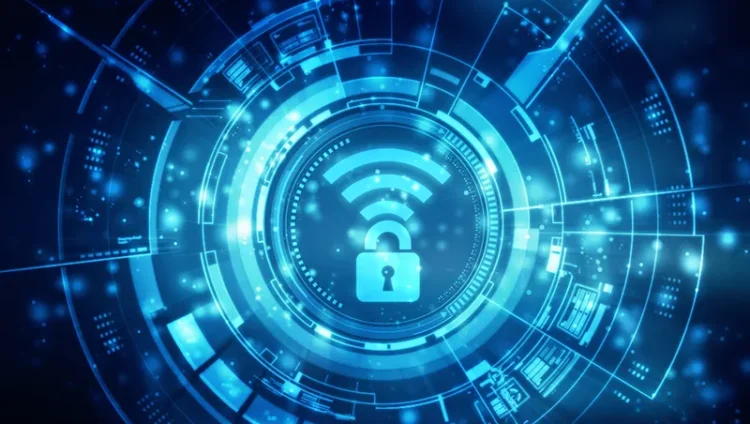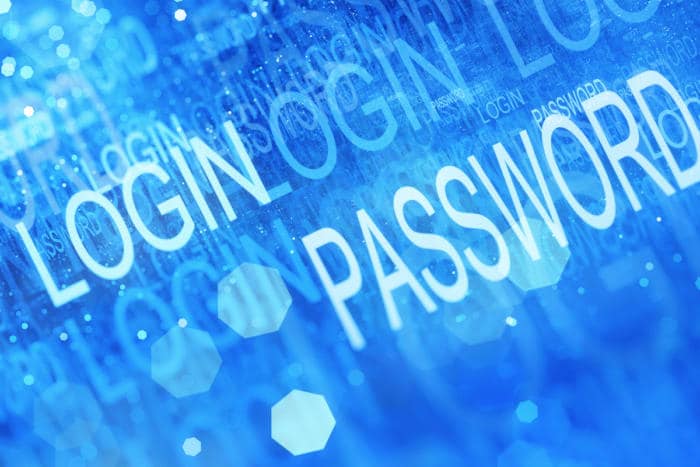For accounting teams, remote access to systems and data can often feel like a tightrope walk—balancing the need for accessibility with stringent security requirements. As more companies embrace the flexibility of remote work, ensuring secure remote access has never been more crucial. This blog post explores various strategies that can help accounting teams stay both connected and protected.
Understanding the Risks
Before diving into the solutions, it’s vital to understand the threats that accounting teams face when working remotely. These include data breaches, unauthorized access, and phishing attacks, all of which can compromise sensitive financial information. Recognizing these risks is the first step toward securing your remote work environment.
Strong Authentication Mechanisms
One of the best ways to ensure secure remote access is through robust authentication mechanisms. Multi-factor authentication (MFA) offers a layered defense by requiring users to provide two or more forms of identification. This drastically reduces the chances of unauthorized access, even if one piece of information is compromised.
Outside Support
For accounting teams looking to enhance their remote access capabilities, leveraging managed IT services for accounting firms can provide additional support and resources. These services often come with tailored solutions that meet the unique needs of accounting professionals, adding an extra layer of security and efficiency to remote work environments.

Encryption is Key
Encryption transforms sensitive information into a format that can only be read by authorized individuals. Whether data is at rest or in transit, encryption should be a non-negotiable part of your security protocol. This ensures that even if data is intercepted, it cannot be used maliciously.
Setting Up a Virtual Private Network (VPN)
Using a VPN creates a secure tunnel between the user’s device and the network, making it significantly more difficult for hackers to intercept data. For accounting teams dealing with sensitive financial information, a VPN adds an extra layer of security when accessing company servers from remote locations.
The Role of Cloud Services
Many accounting teams are transitioning to cloud-based services for enhanced flexibility and scalability. While cloud services offer numerous advantages, they also introduce new security challenges. It is essential to choose reputable cloud providers who offer robust security measures, including encryption, MFA, and strong physical security for their data centers.
Regular Software Updates
Software updates often contain patches for security vulnerabilities. Ensuring that all software—from the operating system to specialized accounting applications—is up-to-date can prevent potential exploitation by cyber attackers. Make it a habit to check for updates regularly and apply them promptly.
Educating the Team
Human error is one of the most significant security risks. Regular training sessions on the latest security threats and best practices can significantly reduce this risk. Teaching your team how to recognize phishing emails, the importance of strong passwords, and the dangers of unsecured Wi-Fi networks can go a long way in fortifying your security measures.

Access Controls and Permissions
Not every team member needs access to all data. Implementing strict access controls ensures that individuals can only access the information necessary for their role. This minimizes the risk of data breaches and makes it easier to track unauthorized attempts to access sensitive data.
Monitoring and Incident Response
Despite best efforts, breaches can still occur. Having a robust monitoring system can help detect unusual activities early, while an incident response plan ensures that your team knows what to do in case of a security event. Quick detection and response can significantly mitigate the damage caused by a security breach.
Protecting Mobile Devices
As remote work typically involves using mobile devices, securing these devices is crucial. Implementing Mobile Device Management (MDM) solutions can help ensure that all mobile devices comply with your company’s security policies. Regular updates, data encryption, and remote wiping capabilities are some of the features that MDM solutions provide to protect sensitive information.
Regular Security Audits
Conducting regular security audits can help you identify and address vulnerabilities in your remote access setup. These audits should test all aspects of your security protocols, from authentication methods to data encryption and incident response. By identifying weak points, you can take preemptive action to strengthen your defenses before they are exploited by malicious actors.
Secure remote access is not just a luxury but a necessity for modern accounting teams. By understanding the risks involved and implementing measures such as strong authentication, encryption, and regular software updates, you can create a secure remote work environment. Investing in training and having a well-defined incident response plan further fortifies your security framework, ensuring that your team can work efficiently without compromising sensitive data.













Leave a Reply